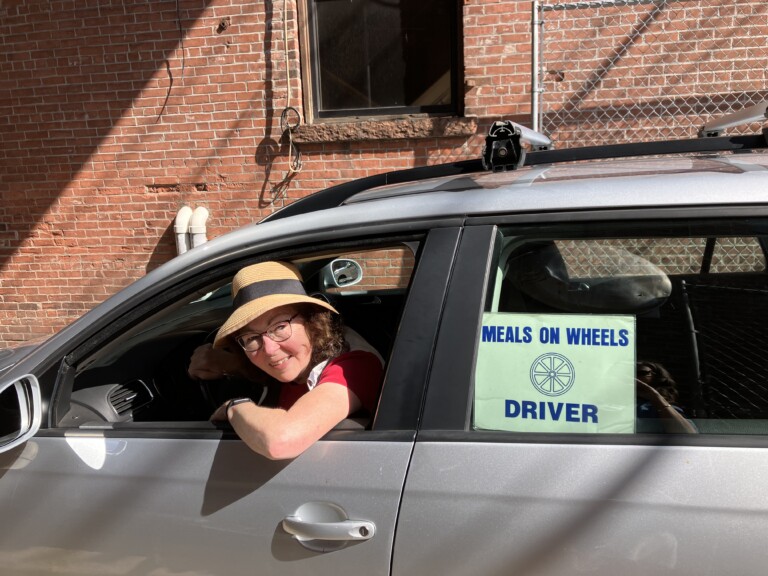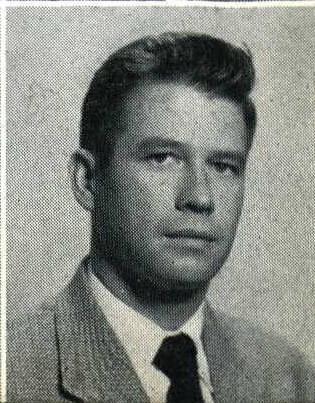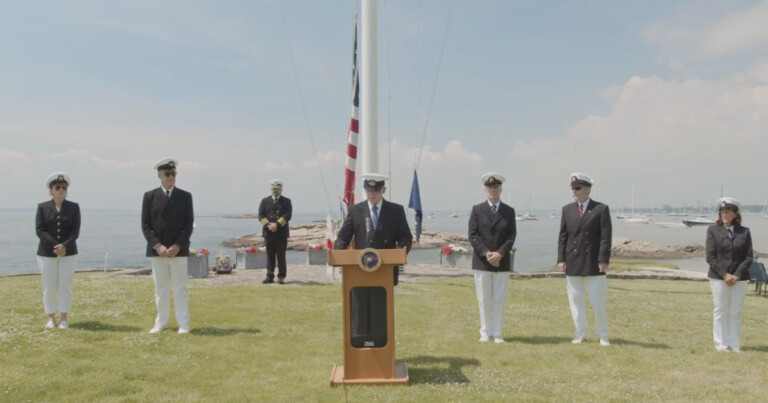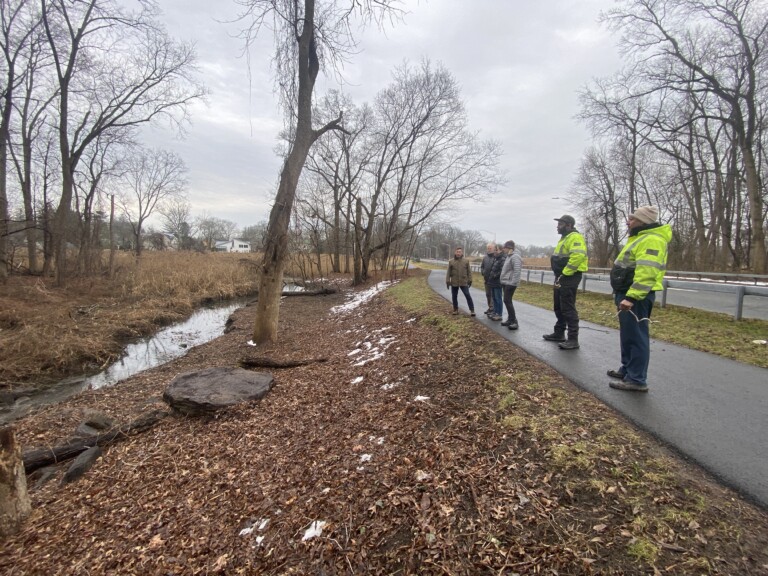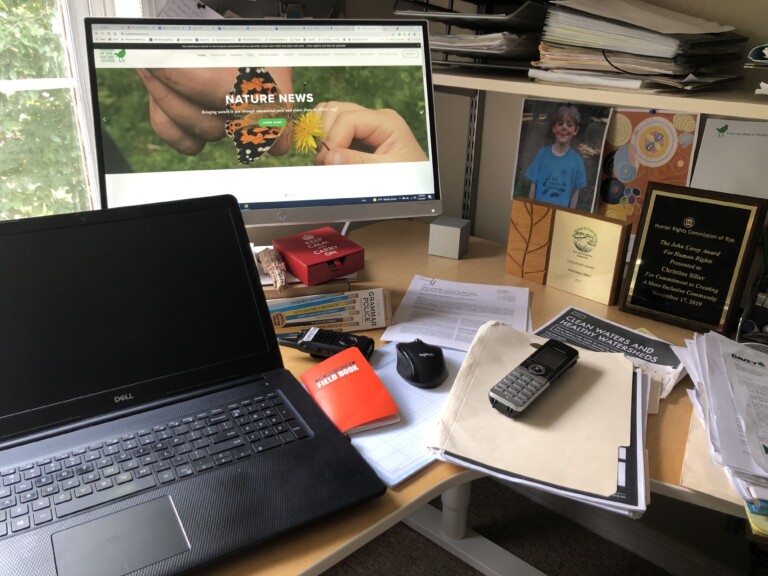NY State Historic Preservation Award Goes to Jay Heritage Center
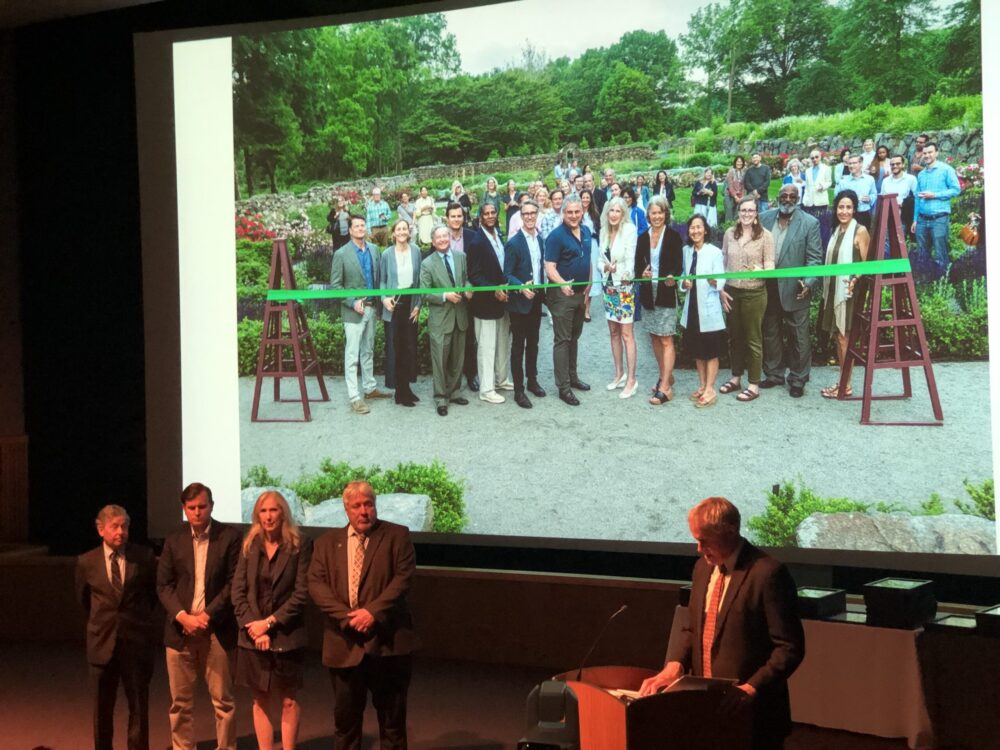
The Jay Heritage Center (JHC) was honored with a New York State Historic Preservation Award for Excellence in Non-Profit Achievement last Thursday in recognition of its rehabilitation and stewardship of the Jay Estate Gardens. The award was one of only ten conferred this year for excellence in the preservation and revitalization of New York State’s historic and cultural resources and the only one in Westchester.
“The transformational design of the gardens not only reflects the historic context but emphasizes an intentionality to restore native species and original voices and to cultivate an appreciate and understanding of sustainable landscapes through partnerships and public outreach,” said New York State Parks Commissioner Erik Kulleseid.
The awards ceremony was held at the New York State Museum in Albany and also recognized project teams responsible for the renewal of Pier 56 and El Barrio in Manhattan, the T Building in Queens, and the rehabilitation of the Niagara Falls River Gorge Stairway.
JHC President Suzanne Clary said “JHC is immensely grateful for this recognition and our powerful partnership with New York State Parks. This award affirms our shared belief that a sustainable landscape rehabilitation can simultaneously restore ecological balance, attract wildlife, while also aiding in the interpretation of American history, cultural identity and placemaking.”
The New York State Office of Parks, Recreation and Historic Preservation (NYSOPRHP) applauded the ingenuity of a three-room garden design by landscape architects Nelson Byrd Woltz that complements JHC’s programming curriculum. Historic features that had long lost their integrity and were subsumed by invasive species were successfully rehabilitated and can now be interpreted for the public. Integral team members included the engineering firms of Silman and Langan and archaeologist Dr. Eugene Boesch. Funding for the project came entirely through a $500,000 grant from NY State’s Regional Economic Development Council and donations from the public.
The 23-acre Jay Estate is a large, exciting campus for young citizen scientists and the reimagined Jay Estate Gardens are its newest, most dynamic classrooms. Apart from their impact as hand-on laboratories to study the natural sciences, the gardens also serve as a living tableau – a botanical backdrop – against which the narratives of all the families, owners, and servants, free and enslaved, who lived and worked on this site are being explored. In fact, deliberate design choices were made to protect extant archaeological resources including those associated with Indigenous and enslaved African American residents of the property such as the Valentine Family (pre-1787- 1847).
Together with guidance from the dedicated staff at NYSOPRHP, the Jay Estate Gardens team successfully recaptured the character of the historic gardens. The refreshed new green spaces hold the potential to help inspire underserved youth to pursue careers in a multitude of professions from historic preservation to horticulture to archaeology. Most importantly, the project elevates the role of community partnerships as central to sustainable parkland restoration.
The project has been supported by numerous entities from concept through execution and usage including the African American Men of Westchester, the Japan Society of Fairfield County, the Port Chester Youth Bureau, Meals on Main Street, American Women of African Heritage, Westchester County Parks, and the Lower Hudson Partnership for Invasive Species Management (LHPRISM).

